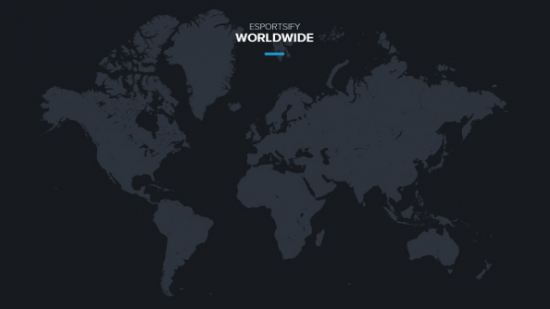This year’s Dota 2 International saw over 2 million concurrent online viewers drinking in the competitive spectacle, while teams from across the world fought for a prize pool of $11 million. It was even broadcast on ESPN, with the network saying they were “delighted” with their own undisclosed figures.
During Gamescom, at ESL One Cologne, 856 years of Counter-Strike: GO was consumed by nearly half a million people. The tournament broke viewing records for the game by 160 percent. ESL One Frankfurt had over 12,500 people filling up the arena each day, while millions watched the streams.
As the success and popularity of eSports reaches new heights, greater levels of professionalism and organisation are called for. Communities need to be managed, brands need to be developed and funding – for those trips all over the world – has to be found. This was the impetus for Esportsify, an eSports community platform developed by Xfire’s Gavin Weeks.
Weeks has been involved in eSports for 11 years. He ran a few small teams in the beginning, getting some tournament wins under his belt; started a business with Sam Matthews, Fnatic CEO; and, in 2011, worked closely with Team Dignitas, helping to develop the team’s online brand. His experience with Team Dignitas taught him a lot about the business of eSports, inspiring a change in the direction of his career.
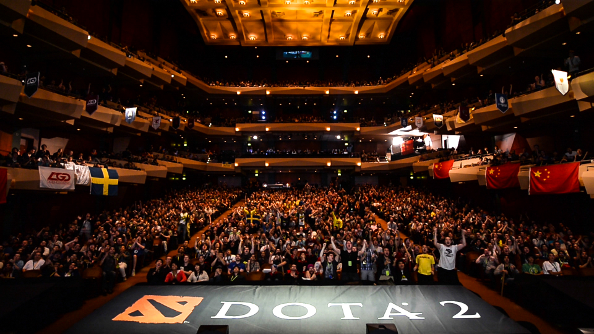
“[T]his is what led me to move away from running teams specifically and focus on the products they use,” Weeks tells me. “I built a CMS called Rocketeer that was then used to serve various top teams. In late 2011 I began development of a product called Jowst, which was a tournament platform aimed at making it quick and easy for teams & players to create, manage and join tournaments. It was a very capable product and as a result Jowst was acquired in 2013 by Xfire, at which I am CCO.”
After the Jowst acquisition, Weeks continued to get emails and tweets every day about the Rocketeer CMS, from teams that wanted to use it. There was a problem, though: the cost was too prohibitive.
“[U]nfortunately for most it was too costly for them to invest in such a web build, which got me thinking about how I could provide the software without great cost to teams or myself in terms of time per site. Esportsify was born, a single piece of tech that was able to simultaneously run thousands of individual sites efficiently without the load generated from hosting all these in one place.“
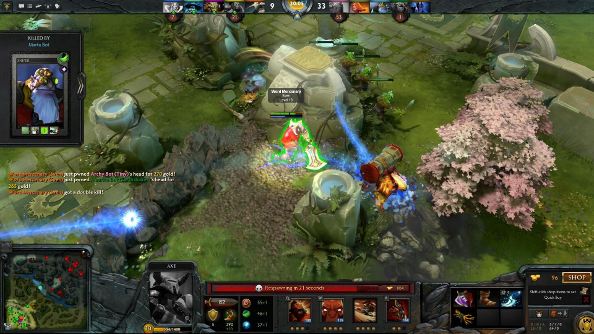
At a team’s inception, a wordpress blog or a basic CMS might cut it, but these are general, all-purpose things. Esportsify has been specifically designed for the particular needs of eSports professionals, whether they are teams or individuals, Weeks explains.
“The CMS itself is very powerful, and offers teams a great amount of features that others don’t such as analytics, commerce and team management that is incredibly important to a team if they plan on being able to maximise their income, internal management and external funding options.
“We are also just finalising our SDK which will allow other developers to build modules, features and themes, this could be simply for a team to build their own design into Esportsify or for seasoned eSports developers to create stunning themes and features to sell within our marketplace.”
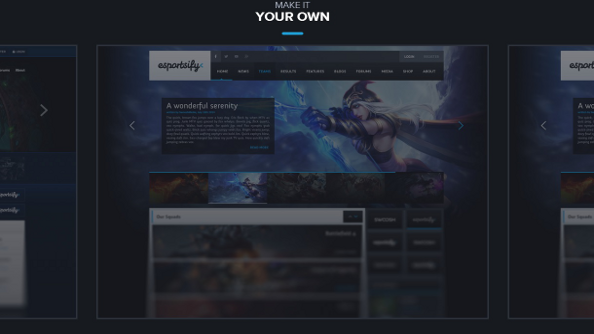
At its core, the platform is meant to help eSports professionals create a business. Whether it’s one person playing StarCraft 2 or a team of League of Legends pros, they need funding, sponsorship and the ability to travel to tournaments half-way across the globe. Weeks is adding “commerce solutions” to Esportsify this month in an effort to improve eSports players’ revenue potential and attractiveness to sponsors.
Branding, too, is important. Even Riot is trying to help players work on their brand, among other things like interview techniques, by hosting regular summits where they teach League of Legends pros the ins and outs of the business. The point is also to prepare these players for a career after they “age out” of eSports, as the average LoL pro packs it in around their mid-twenties.
“I am a massive fan of Riot and what they are doing for eSports,” says Weeks. “I know a lot of people at Riot and I work at Xfire with one of the guys that helped pioneer their eSports program. One of the main things they teach is professionalism. That ultimately is something that needs to exist in any industry and something eSports has lacked in the past.
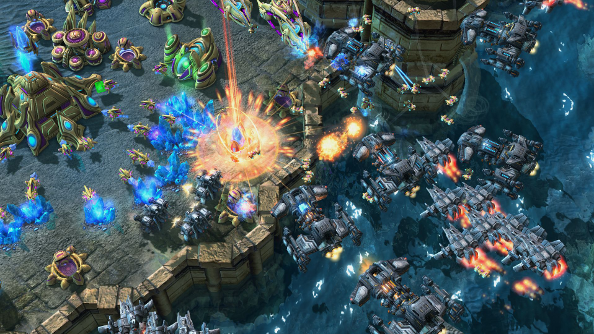
“As for maintaining an eSports career there are plenty of great examples of individual players who are excelling outside of actually playing, for example former pro CS 1.6 player Heaton is now running NiP who recently won ESL One and cArn, another former pro 1.6 player, is COO of Fnatic. This kind of loyalty is what makes these guys stand out.”
So with his platform, Weeks is also looking forward, creating tools that he hopes will serve players even after their pro-gaming days are over.
But with so many players retiring at a young age, I wonder if it’s especially challenging to grow communities around them. Weeks doesn’t think it is. “[A] team that might contain the best five players in League of Legends for three straight years would easily attract the next five best players once those guys are ready to move on or retire, much like professional sports teams do. If the team’s brand is strong enough and their infrastructure is capable it can continue to include the best talent available to them indefinitely.”

All this talk of branding and infrastructure is a far cry from the LAN parties and small competitions that spawned the sport. But as it marches towards professionalism, it still carries a stigma: its intimidating communities, poor sportsmanship, male-only tournaments – the stuff that makes a lot of people feel a bit awkward. That’s changing too, though. Players are being held to a much higher stands, even in regular matches, and policies are changing.
“There is always room for improvement and there will always be bad eggs in any industry,” says Weeks. “I was surprised to see the male-only tournament that was announced, however I do understand what they were trying to do by having single sex competitions like in most sports, it was however an error in judgement on their part. I don’t believe gender segregation is required or belongs in eSports.”
YouPorn, the adult site with lots of sweaty copulation, recently announced a sponsorship deal with a team, which caused no small amount of eye-rolling. Though a bit odd, I found it more amusing than harmful to the reputation of eSports, but I was curious if Weeks thought it would be a step back for eSports’ image.
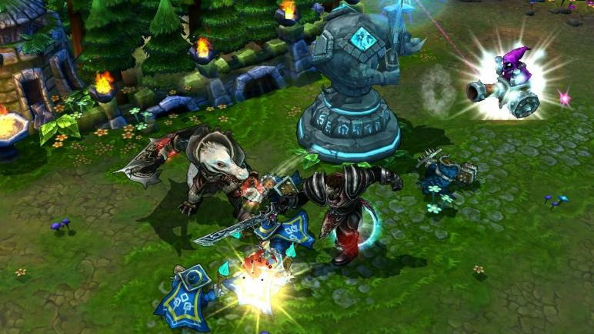
“I don’t have a problem with what might be considered morally questionable sponsors being involved in eSports. We have plenty in professional football and other sports with various short terms money lenders and gambling sites being title sponsors of various teams. If a company like YouPorn wants to sponsor a team then it’s fine as long as the team / website / brand using their brand correctly and isn’t openly displaying pornographic material in a public manner.”
All the big numbers I dropped above, two million concurrent viewers, $11 million prize pool, they suggest that any image problems eSports still has certainly aren’t stopping it from growing. It seems only natural, then, that the tools that teams and players use to manage both themselves and their communities become more specialised.
Esportsify comes in four flavours. The premium versions are the Editor, Team and Organisation packages, for $25, $30 and $40 respectively. They come with various bells and whistles including exclusive themes, which Weeks is particularly proud of. “I have brought in some of the best designers available in the industry to assist in designing and building themes that are gorgeous and customisable enough to allow users to make their sites quite different from one another.” And there’s a trimmed down version that you can get started with, which is free forever.
